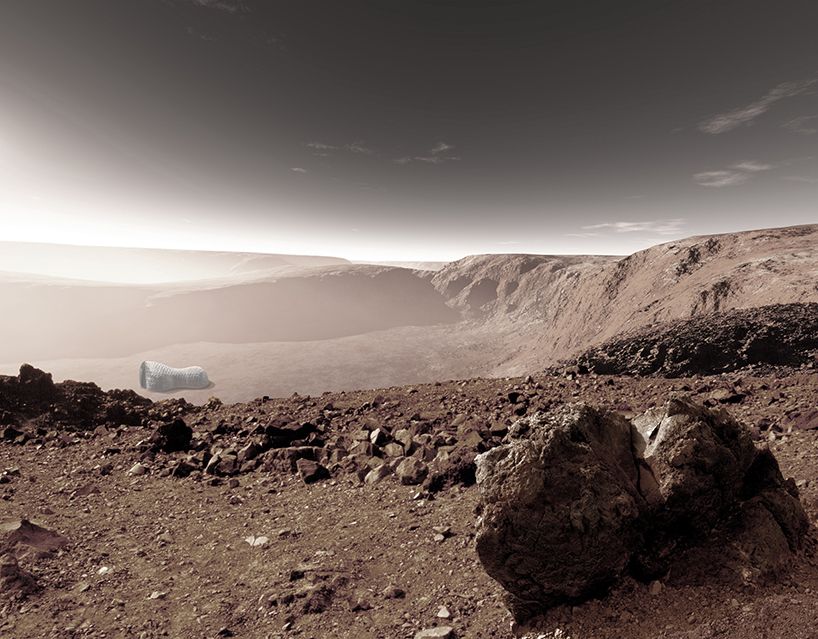Sep 10, 2017
Audacious Team Publishes Comprehensive Plan to reach Alpha Centauri Using Laser Powered, Femto Spacecraft in 50 years
Posted by Andreas Matt in category: space travel
A recent research discussion paper “The Andromeda Study: A Femto-Spacecraft Mission to Alpha Centauri” discusses options for a 50 year (at 0.1c) one-way, fly-by, exploration trip to our nearest stellar neighbour, Alpha Centauri. In the paper the authors (Andreas M. Hein, Kelvin F. Long, Dan Fries, Nikolaos Perakis, Angelo Genovese, Stefan Zeidler, Martin Langer, Richard Osborne, Rob Swinney, John Davies, Bill Cress, Marc Casson, Adrian Mann, Rachel Armstrong) discuss the challenges and present possible solutions using current science and technology.


















